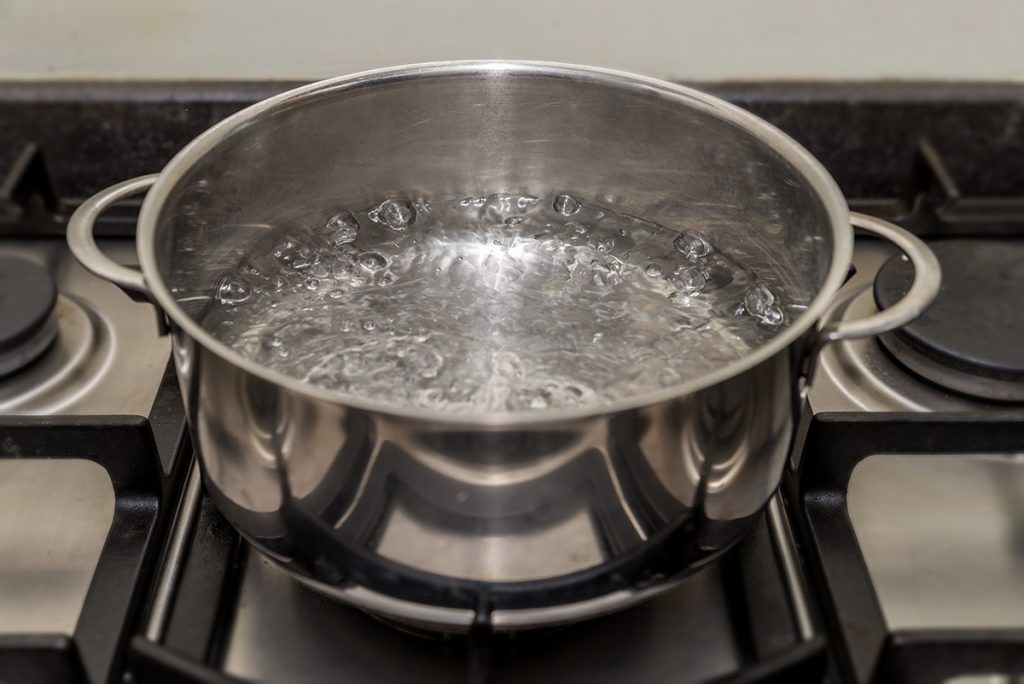Call This Thursday to Get $50 OFF
Call This Thursday to Get $50 OFF
Call This Thursday to Get $50 OFF
Call This Thursday to Get $50 OFF
Here are some easy ways to unclog a sink before you call a licensed plumber. We’ve all had those situations where your bathroom sink suddenly stopped draining or started draining slowly. We know as much as anyone how annoying this can be if you don’t know how to unclog a sink.

Allow your clogged sink to completely drain and then slowly pour boiling water down the drain. This should get rid of a lot of the build-up immediately. Allow the water to completely drain before seeing if you need to repeat this method.
Baking soda and vinegar are commonly used for DIY cleaning projects because of their natural chemical reaction properties.
To unclog a drain, allow your drain to completely drain, remove the sink cover. Pack the drain opening with a ¼ cup of baking soda. Then add 1 cup of vinegar. This should immediately start to fizz up.
Let the mixture work its magic for 20 minutes, and then pour boiling water down the drain.
Plungers don’t just have to be used to unclog toilets!
If you're hearing a rumbling sound from your basement, don't ignore it. At High Speed Plumbing, we've seen everything from thermostat…
Running out of hot water at your business can mean angry customers, health code violations, or a full operational shutdown. Restaurants,…
Are you dealing with a leaky faucet, low water pressure, or a broken handle? If so, you might need a faucet…
A properly working garbage disposal makes kitchen cleanup easy and efficient. If your disposal is acting up—making loud noises, leaking, or…
When your main water line has a problem, it can cause a lot of trouble for your home. Leaks, low water…
Are you dealing with an old, leaky, or broken toilet? If so, it may be time for a toilet replacement in…
If you’re concerned about the quality of your water, water filtration installation in Pomona is a wise choice. A good filter…
Traditional snaking or chemical drain cleaners can harm pipes and aren’t always effective at reaching deep blockages…
To unclog a drain, remove your sink cover. Most of these are removable simply by unscrewing the cover, but it may take a little more pulling to remove your sink cover since your sink is clogged.
After removing the drain cover, fill the sink with some water, center the plunger over the drain, create a strong seal, and plunge up and down for 20 seconds.
After removing the plunger, you may see the water instantly drain. You can repeat this method a few times to unclog the drain if it doesn't work the first time.
If you’ve tried all of these methods and to unclog your sink and it's still isn’t draining correctly, consider calling a plumbing professional at High Speed Plumbing.